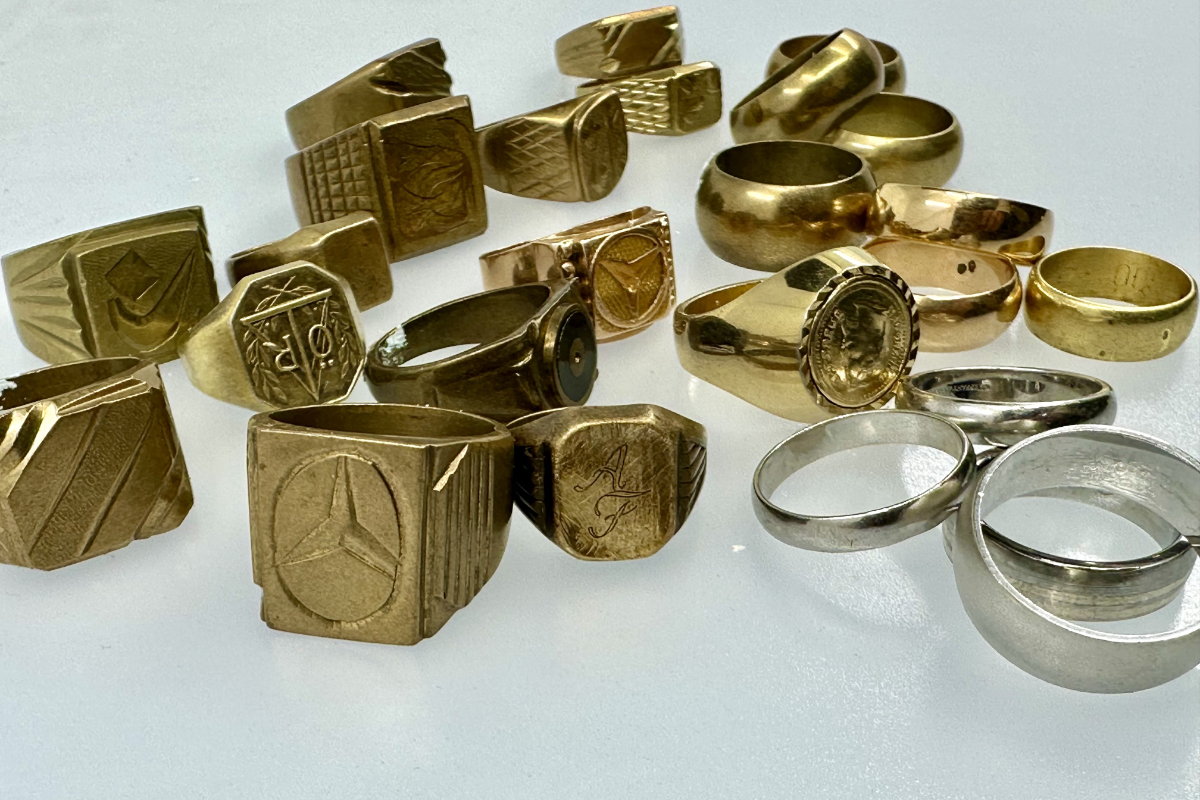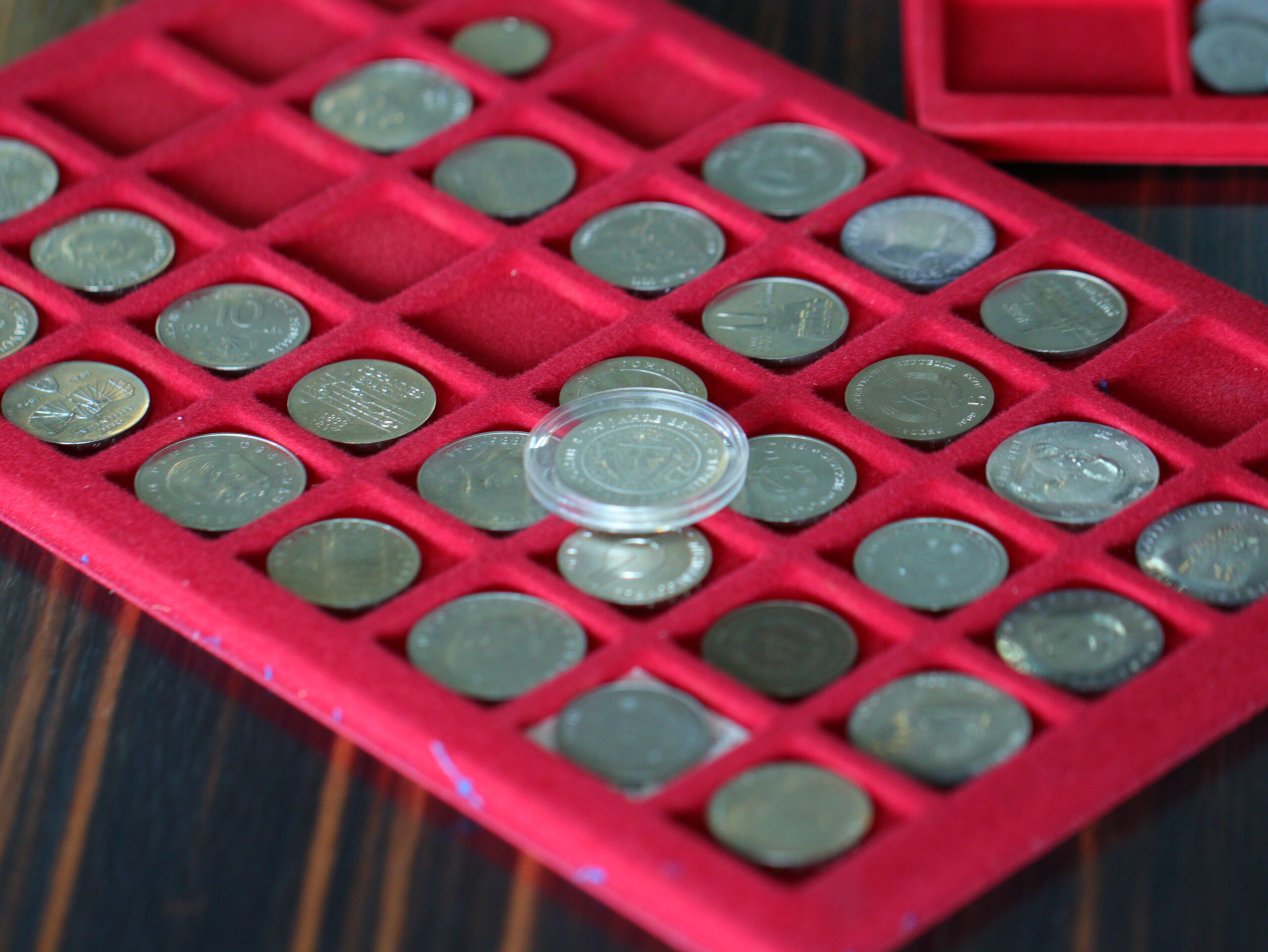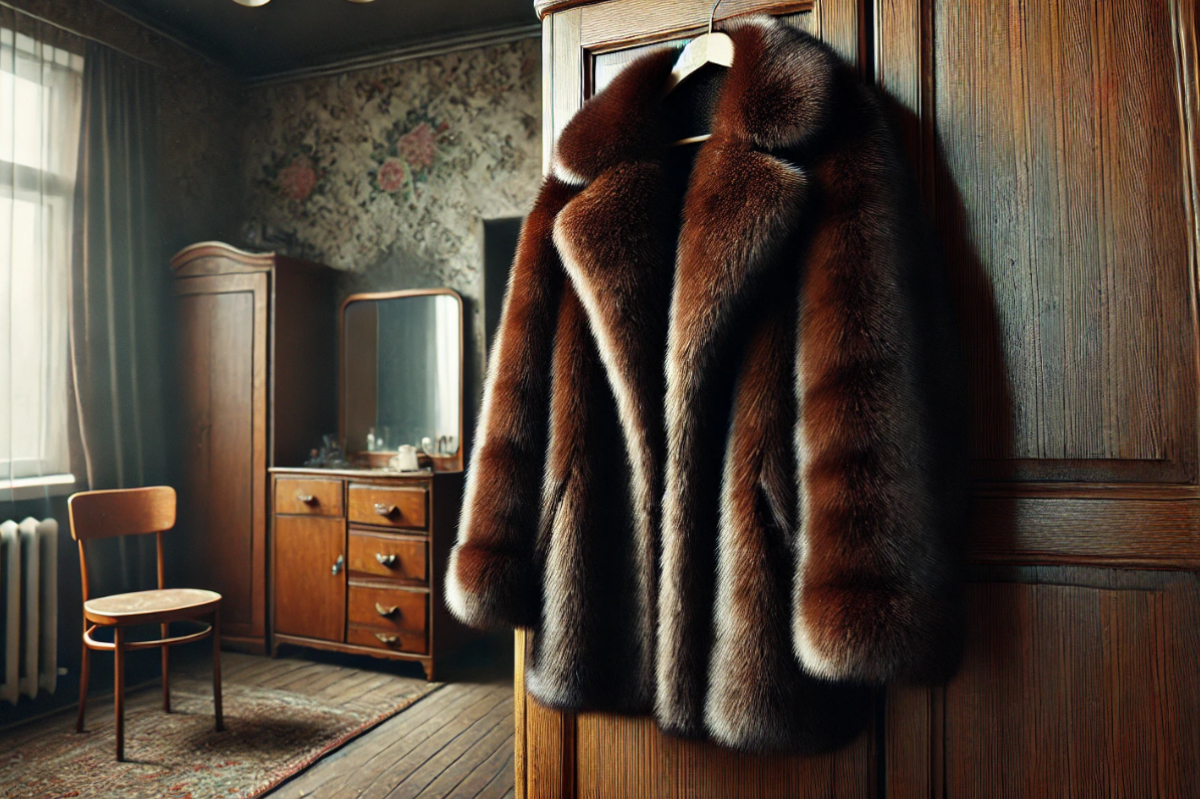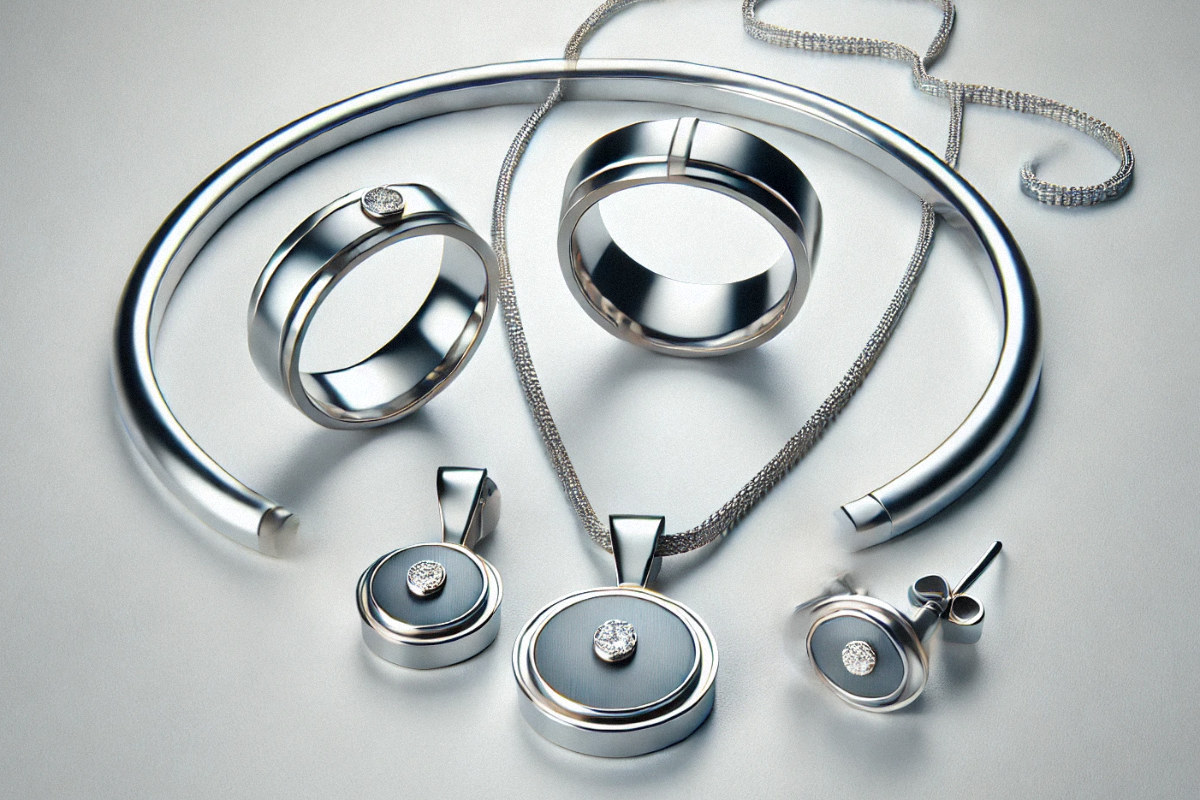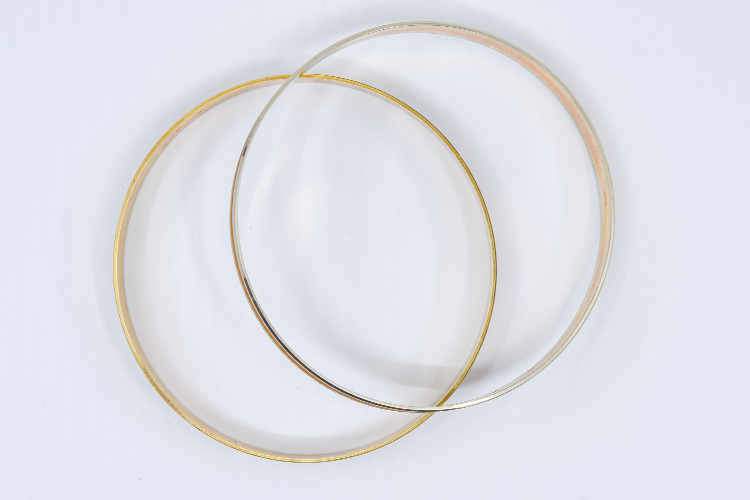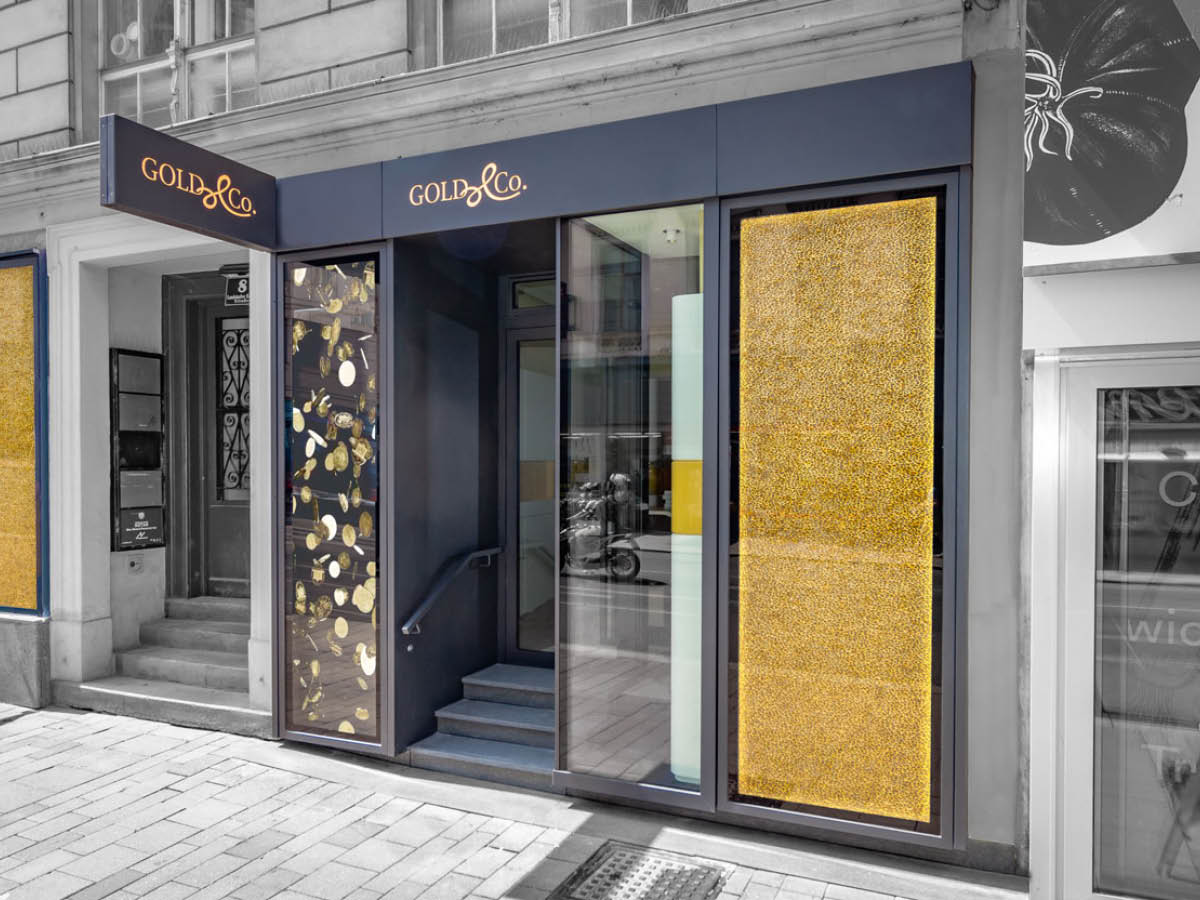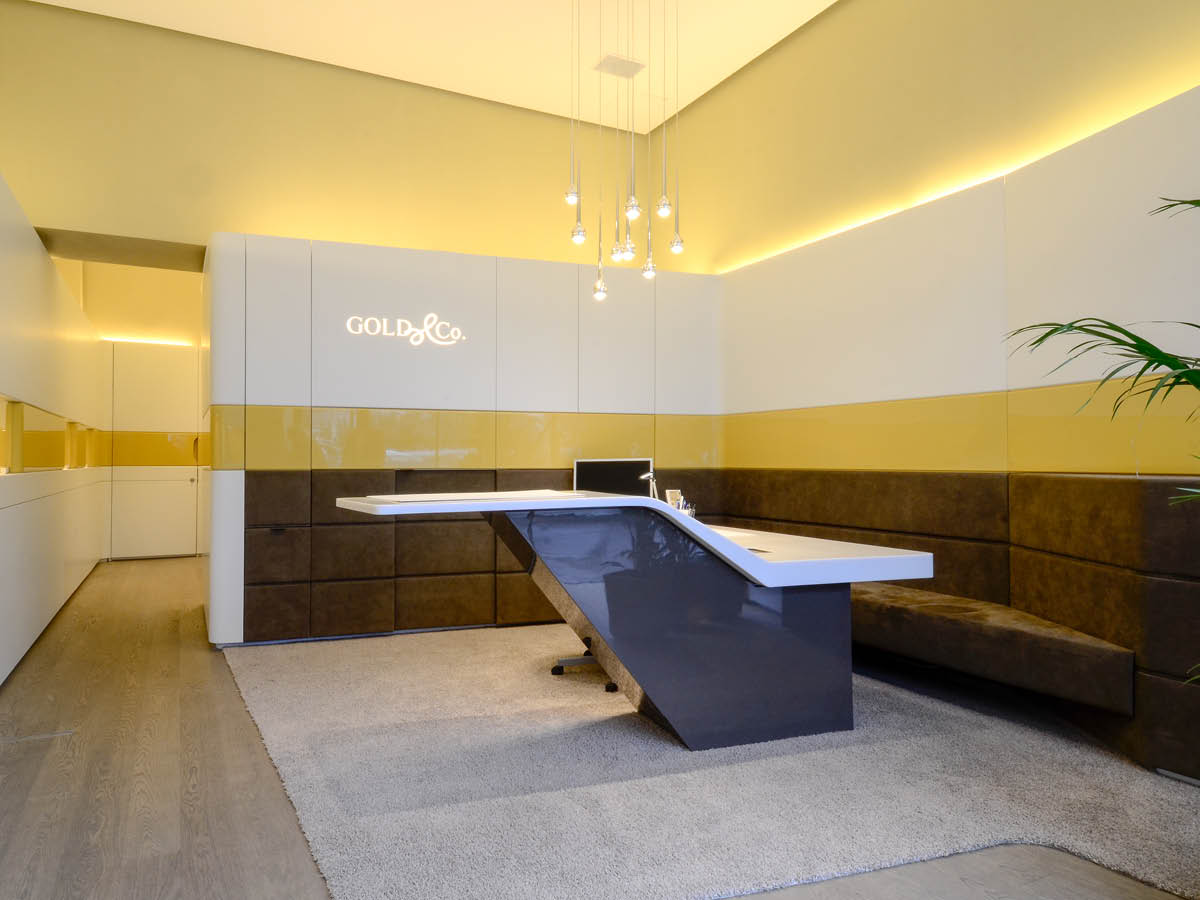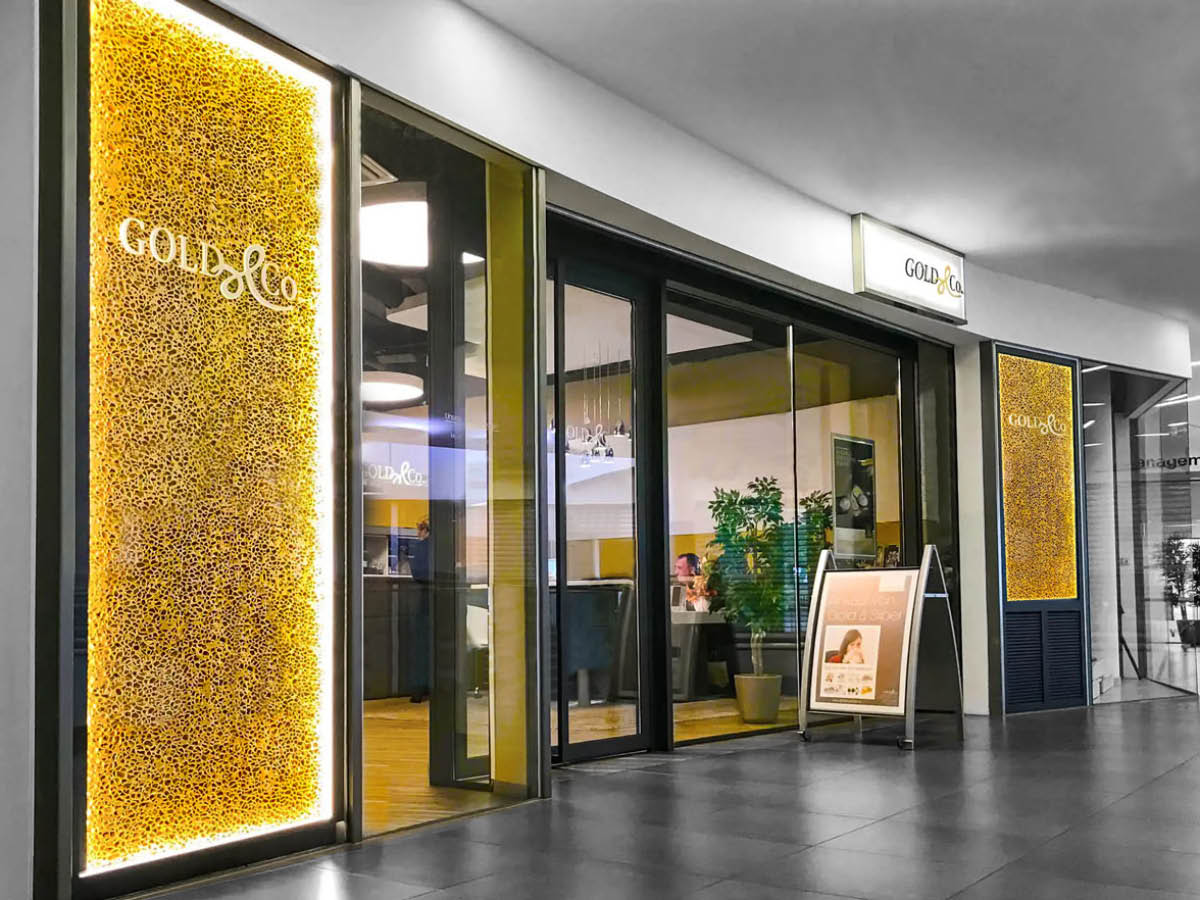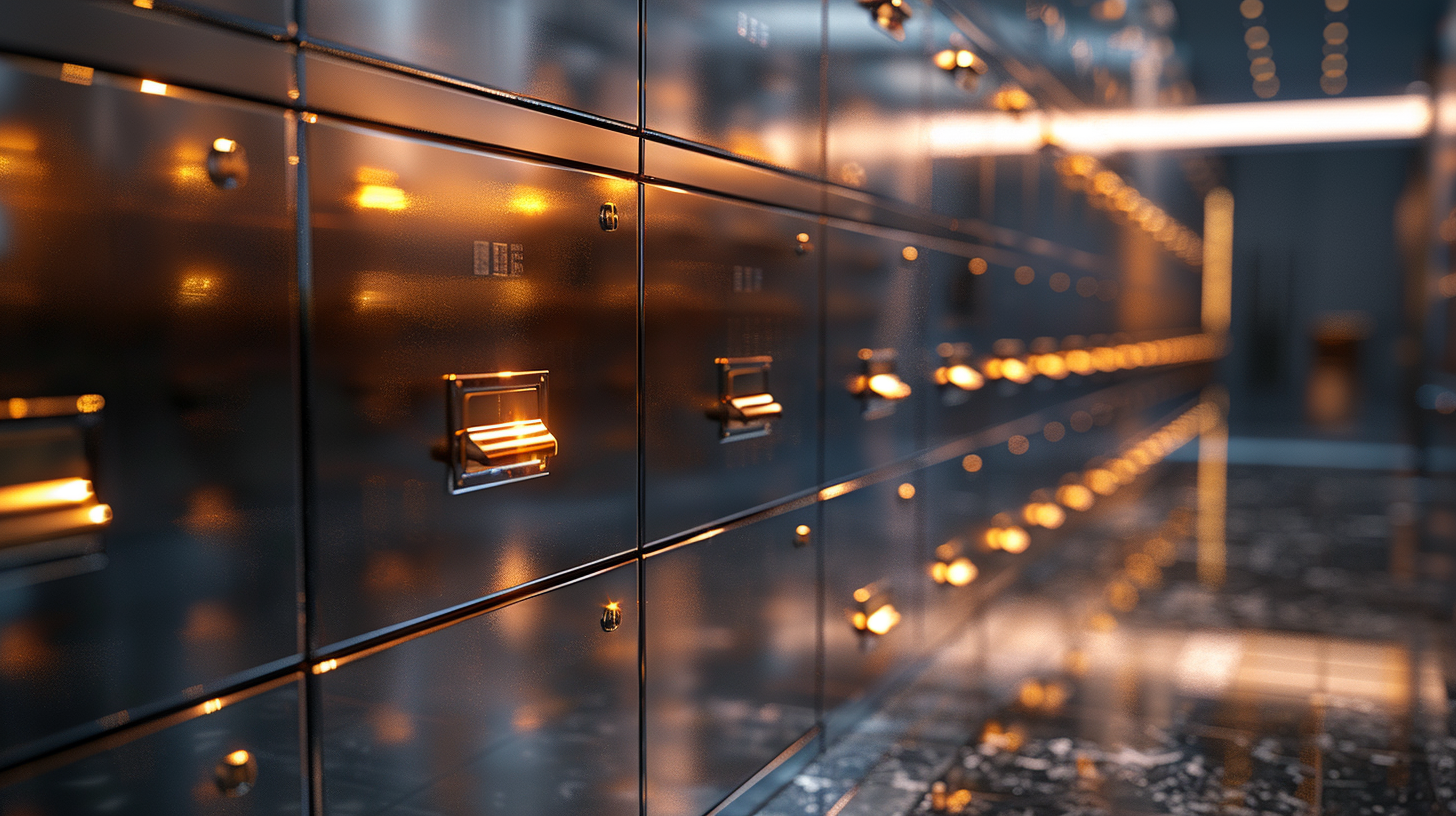
Precious metal storage
Safe storage is an important part of investing in physical precious metals. You can store gold and silver at home in a safe, bury it, rent a safe deposit box or place bars and coins in the custody of specialized service providers.
You should always bear in mind that the investment metal only offers complete crisis protection if you can access it at any time. For this reason, most gold owners prefer to store their gold at home. However, there are risks associated with this. The precious metal can be stolen or lost.
Why store gold externally?
It can therefore make sense to store at least some of the treasure off-site. And there are other arguments in favor of diversifying the storage location.
- Access to your home safe or depot may be blocked, for example in the event of a disaster.
- With a bank statement or a warehouse receipt, you can credibly pretend to have general external storage - for example against robbers.
- In general, external storage offers local flexibility if required.
- In old age or in the event of illness, you may no longer be able to access your home stocks.
However, this article focuses on one central aspect: the risks associated with storage in safe deposit boxes.
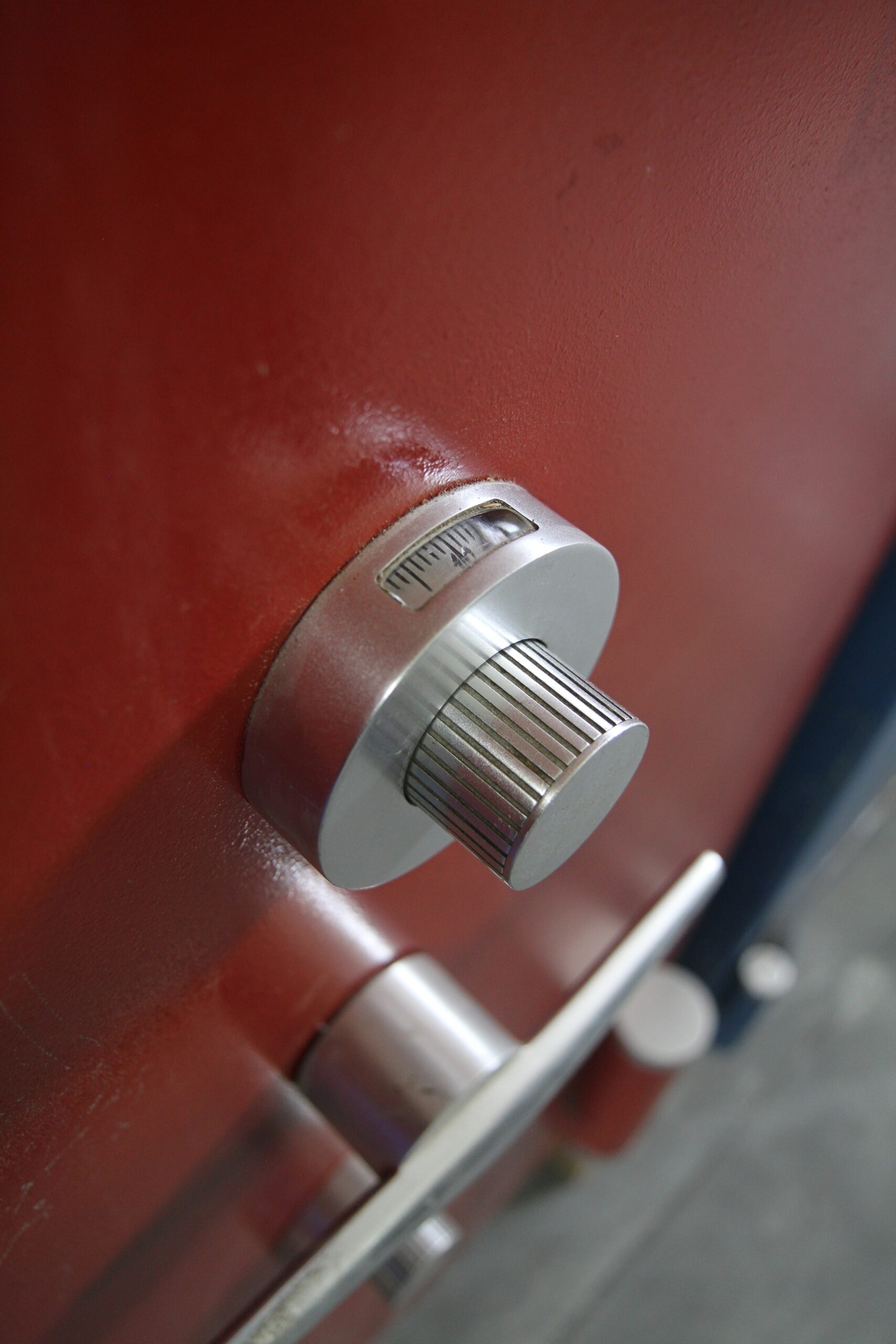
General risks of safe custody
In recent years, there have been repeated attacks on safe deposit boxes. However, not only bank safe deposit boxes have been affected, there have also been break-ins at private providers. However, the last known robbery took place at a Deutsche Bank Branch in Lübeck.
Locker tenants who had not adequately insured their deposits sometimes suffered painful losses - real/financial, possibly also non-material, if irreplaceable items were stolen. Self-service lockers or robot-controlled lockers can also be problematic. There may be problems with the mechanics or access may be obtained by fraud or hacking.
But quite apart from these risks, which can affect all safe deposit box tenants, there are additional dangers associated with safekeeping in the banking sector.
Storage at banks
German, Austrian and Swiss banks offer the safekeeping of precious metals. This is not only in the form of safe deposit boxes, but can also take the form of collective custody. However, banks are subject to strict regulation.
The "Act on the Promotion of Tax Honesty" enacted in 2003 authorizes state authorities (tax offices, police, social authorities, customs) to query the account master data of bank customers. The Federal Financial Supervisory Authority (BaFin) can also access this data and provide information on the account master data of German bank customers to other authorities. As a rule, however, criminal law purposes must be given here. In general, the law is intended to uncover abuse of benefits and tax offenses.
Risks in the banking sector
In other words, anyone who opens a safe deposit box or a precious metal account at a bank has their property recorded by the state. The Federal Financial Supervisory Authority may also provide foreign bodies with information from the file for the aforementioned purposes (KWG § 24c (3)).
Scenarios with external access
- Foreclosure
In the case of debts, a creditor can have the contents of a safe deposit box seized. Bailiffs may open the safe deposit box by force if the key is missing. - Death
In the event of death, the bank is obliged to inform the tax office about existing safe deposit boxes. This can lead to inheritance disputes if the access authorization is not clearly regulated. - Tax evasion and combating terrorism
If there is suspicion of tax evasion or terrorist financing, the state can access safe deposit box data. An extreme example is the raid in London in 2008, in which 7,000 safe deposit boxes were opened on suspicion of money laundering. - Banking and sovereign debt crises
In Cyprus and Greece, bank access, including safe deposit boxes, was blocked during the financial crises. In Greece, this affected 15,000 safe deposit boxes that were blocked due to tax investigations. In such crises, states could also forcibly open safe deposit boxes to prevent capital flight.
Of course, only what is known can be seized and confiscated. But as explained above, the existence of a safe deposit box is sufficiently documented. And as a rule, banks require their safe deposit box customers to also have a normal account with the institution.
Locker tip
Private providers
So what is better about storing valuables with private, bank-independent valuables logistics providers? These providers are not subject to state regulation. They are simply treated like landlords of storage space. The tenants and their deposits are not registered centrally.
In both cases (bank-dependent or bank-independent), however, precious metal owners are responsible for ensuring that their valuables are adequately insured.
Conclusion
In general, diversification is also important when storing precious metals. However, the decision to store gold externally requires careful consideration. Regardless of the security standards at banks or specialized service providers, the risks of bank-dependent storage outweigh the benefits. For this reason, safe deposit boxes should be avoided wherever possible when storing precious metals.
Do you have questions about storing your precious metals?
As a partner of the private safe deposit box provider "Tresor am Schottentor", you can book a safe deposit box via Gold&Co. and get 3 months' safe deposit box fee waived.

